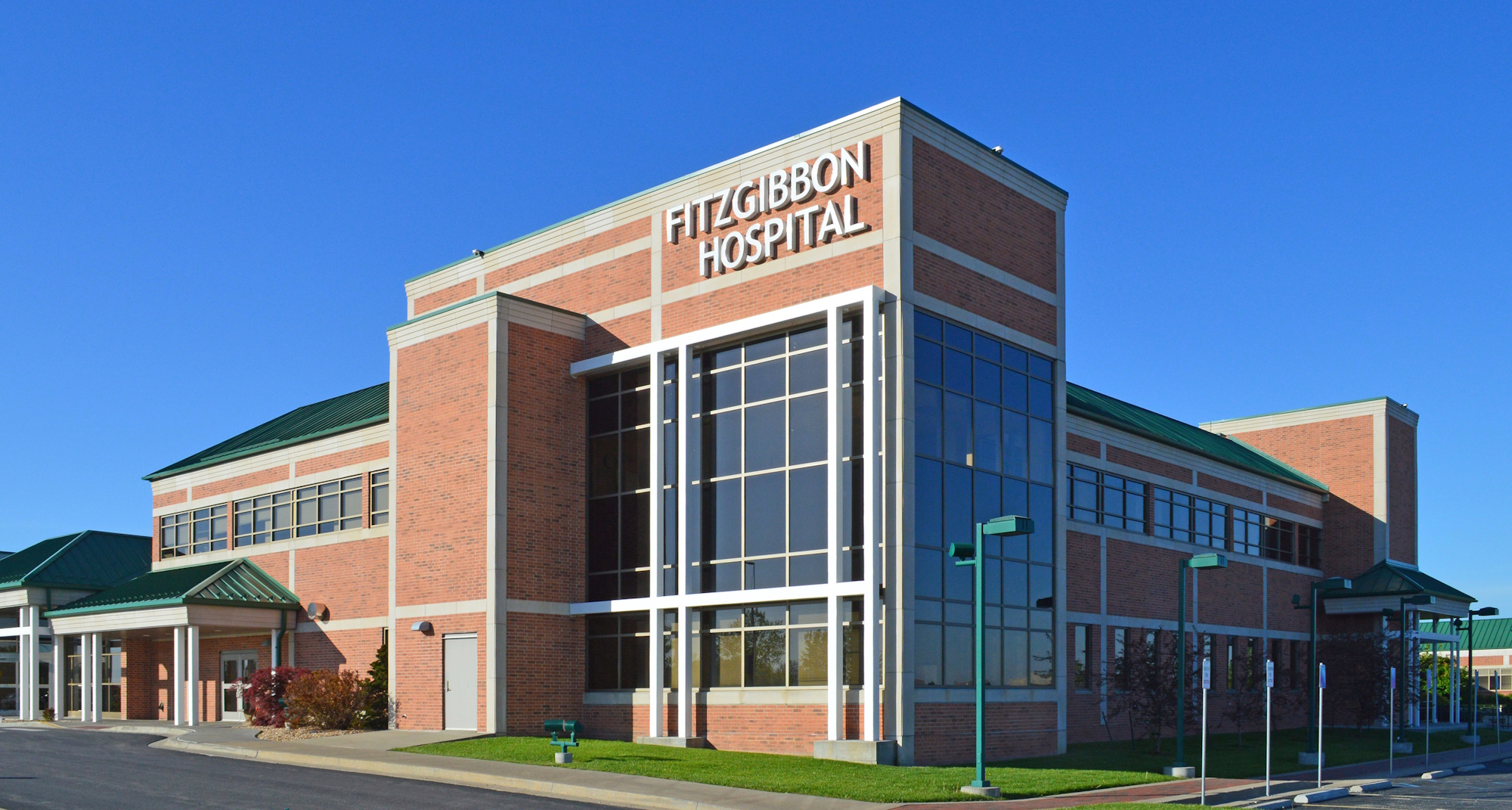For Motivated Students, Summer Means Work
August 05, 2016
What happens when you take three incoming senior high school students and give them a chance to acquire on-the-job training during the summer while their teenage peers are playing video games and sleeping the day away? You get to see three young adults blossom and come out of their shell. Such is the case with Bryce Mulhall, Mikeley Vaught and Justin George who are working at Fitzgibbon Hospital as part of the Vocational Rehabilitation Summer Work Experience Pilot Program with the Center for Human Services.
"We provide work-based learning experience in a competitive, integrated setting for students with disabilities during the summer. They learn the skills necessary so they have a basis to go on when they are finished with their school year," said Libby Gillespie, Job Coach for the Pre-Employment Transitioning Services (PETS) at the Center for Human Services. Gillespie works alongside the students to be available for questions, encourage and help them during the hours they work. Gillespie is a retired school teacher who enjoys teaching in this new program.
To be part of the program, students entering their final year of high school are identified by their school counselor and special education teacher as having a qualifying disability and zero work experience prior to entering the program. Once selected, the students work 16 hours per week in four-hour increments in an organization that can provide work-based learning experiences. At the end of the week, students attend a four-hour class that covers topics such as communication, enthusiasm and attitude, teamwork, networking, problem solving, critical thinking and professionalism. The Center for Human Services will provide a hard copy resume for the students when they exit the program for future employment.
Bryce Mulhall works in the laundry at Fitzgibbon Hospital, a department that is far more technical than the laundry at home.
"I like folding up the clothes and stacking them. On some days I get to deliver the laundry to people. I have learned a lot about folding different kinds of laundry," said Mulhall.
Mikeley Vaught, works in the dietary department at Fitzgibbon Hospital, and she has even gotten to work with Fitz Cafe Chef Sara Coman.
"I like it because I get to help people and talk to people and I get to take what I have learned and use it at home," said Vaught.
Finally, Justin George works in dietary and can often be seen serving employees and patients behind the counter of the food line during the breakfast and lunch shifts.
"I like helping people and serving food. I have learned how to make eye contact and to ask people what they want and then serving it to them the way they want it. I get to help other employees restock the food," said George.
According to Gillespie, Justin has gotten the attention of one of the Fitzgibbon Hospital physicians.
"Justin had a conversation with one of the physicians the other day, and he told him how good a job he was doing. Then he turned around to tell me, 'I really like this kid, he is working hard.' I am sure that made Justin feel good because he really is a great kid," said job coach Gillespie.
The pilot program with the Center for Human Services and Fitzgibbon Hospital runs for six weeks, and students are paid the state allowed minimum wage during their training.
"Every supervisor that the kids are working under have commented about how well they are working. They are working very hard. I get to hear a lot of different comments and several have had very positive things to say about these kids," said Gillespie.


